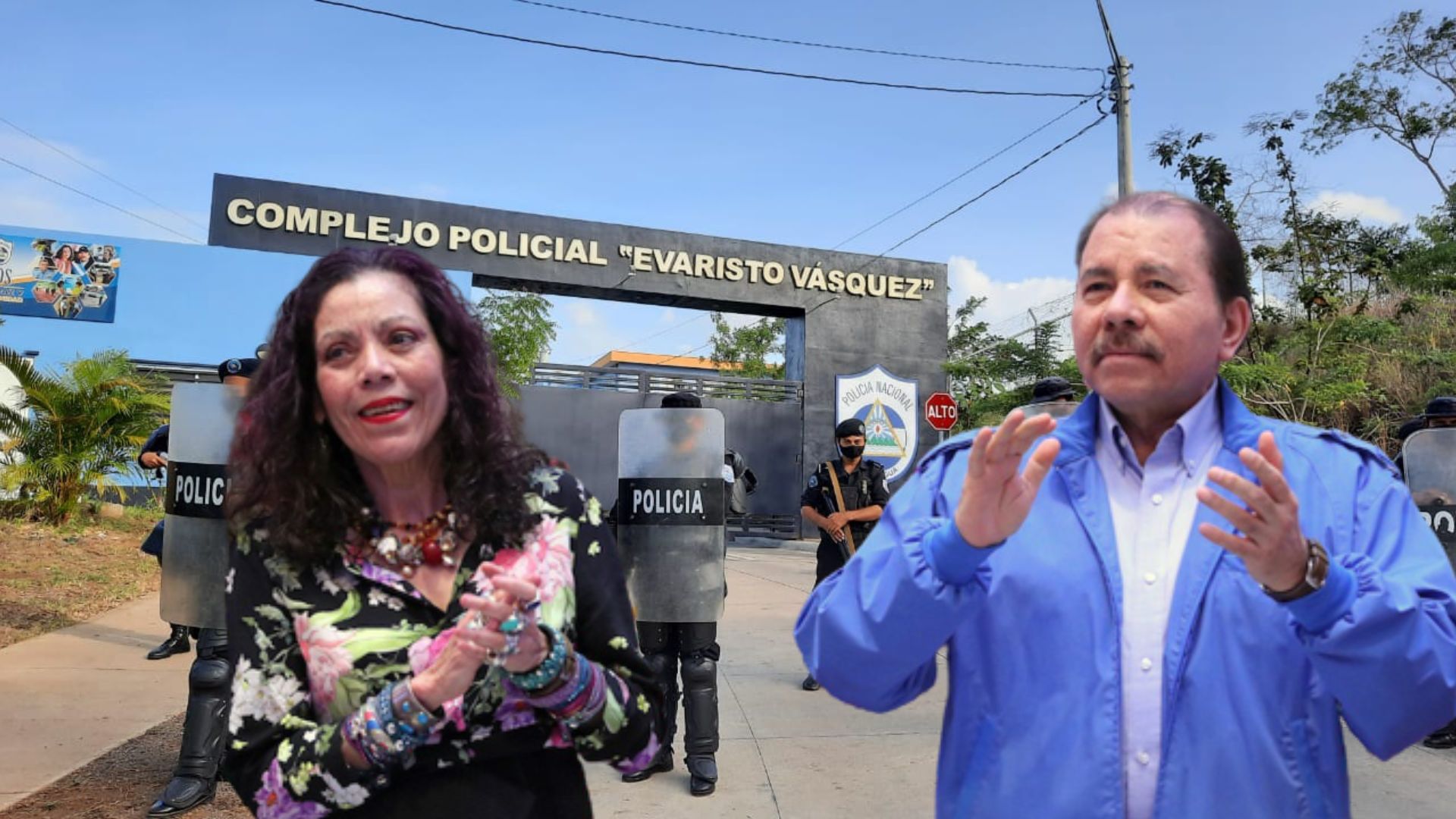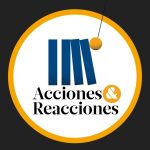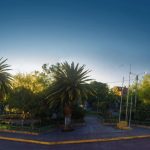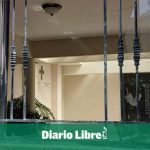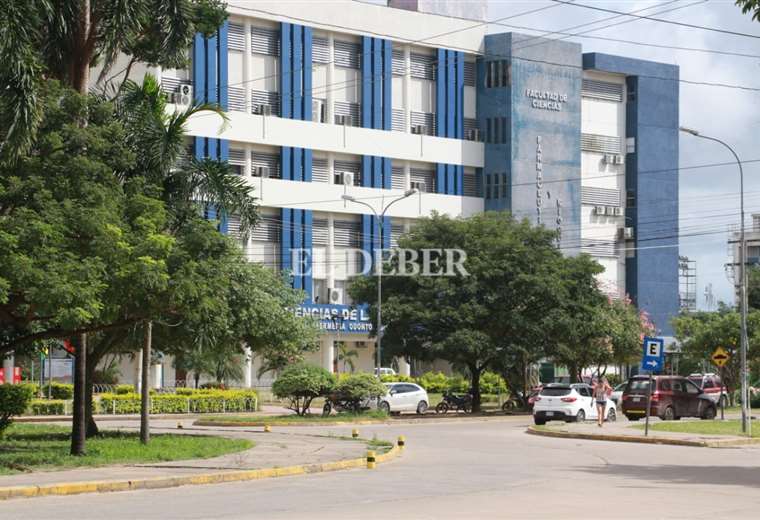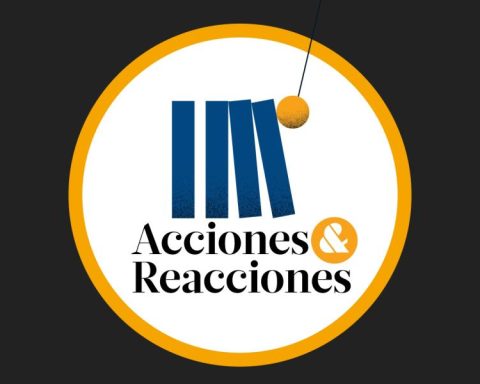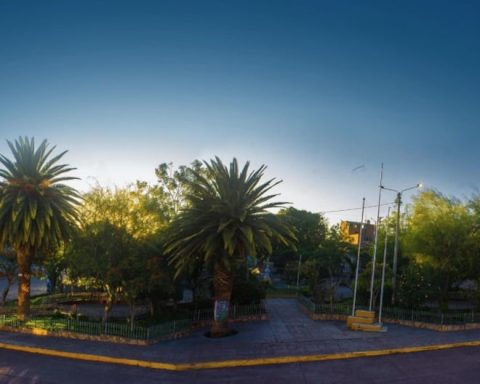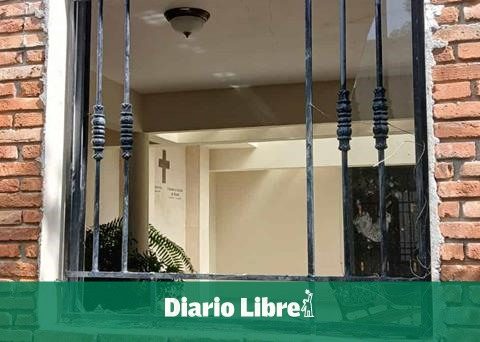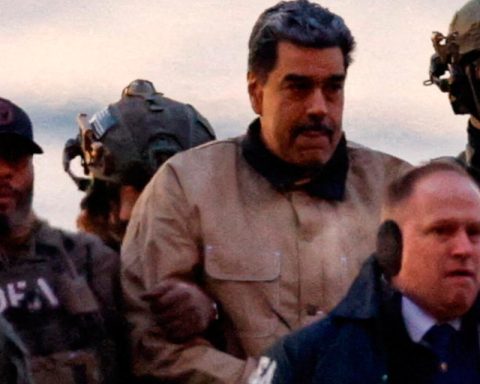The repression, which includes arbitrary imprisonment for political reasons, banishments, confiscations and religious persecution, as well as censorship of any opinion critical of the regime, perpetrated in Nicaragua by the dictatorship of Daniel Ortega and Rosario Murillo, has reached “alarming levels,” he warned. the Inter-American Commission on Human Rights (IACHR).
In his most recent report on the situation of human rights in the American continent, the IACHR; Given the seriousness of the events that are happening in Nicaragua, it includes the country in the analysis, in which it points out that, despite the fact that the Ortega Government denounced the Charter of the Organization of American States (OAS), the State “is bound by all the international instruments to which it is a party, among them, the American Convention on Human Rights.
In the report, the IACHR warns that “in 2023, censorship and repression reached alarming levels,” to the point that journalists who try to report on matters of general interest face the imminent risk of being arrested.
Related news: Ortega intensifies the confiscation of civic space in Nicaragua
In this sense, the IACHR considers that the practice of journalism is “a high-risk profession” due to the increase in repression by the forces of the dictatorship.
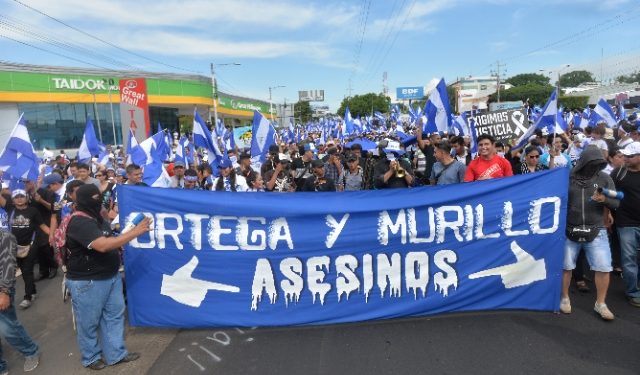
The censorship actions are directed particularly toward those who expose the human rights violations and abuses of power committed by the regime since the social and political crisis broke out in April 2018.
In 2023, the repression against the independent press has continued to manifest itself through various practices, especially through the arbitrary and disproportionate application of criminal law,” denounces the regional body.
Related news: Ortega imposes a “scorched earth” plan on universities: Confiscations, expulsions, espionage and exile
The defense organization, which belongs to the OAS, emphasizes the issue of judicial persecution; the arbitrary deprivation of nationality, prohibition of return to Nicaragua and risk of statelessness, as well as the massive closure of civil society organizations; religious persecution and restrictions on freedom of religion.
The IACHR also refers to the situation of people deprived of liberty for political reasons and the worsening of the situation of the indigenous communities and peoples of the Caribbean Coast.
Police state and criminalization
The regional organization is clear and direct in defining that in Nicaragua “a police state is maintained characterized by the prohibition of social protests, the permanent siege of the population, the co-option of public spaces and the persistence of a practice of arbitrary arrests and the “Use of deprivation of liberty to maintain a climate of fear in the population, censor any expression of dissent, both in physical and digital space, and even to persecute expressions of faith and practices of the Catholic religion.”
In their conclusions, DH defenders highlight that during the past year there persisted “a repressive phase that seeks to strengthen the regime of concentration of power in the Executive, based on the establishment of a police state and the effective suspension of fundamental rights and freedoms.” ».
